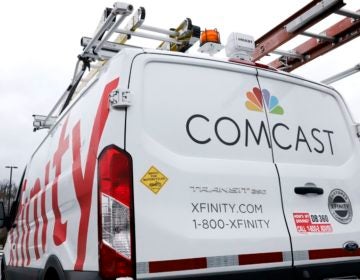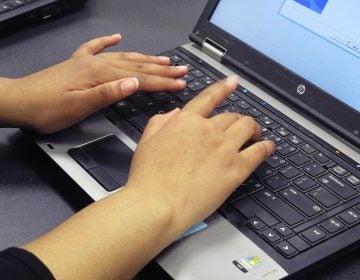Comcast expands low-cost internet, along with learning programs that actually work
The media giant gave out $1 million for digital literacy workshops in Philly last year.
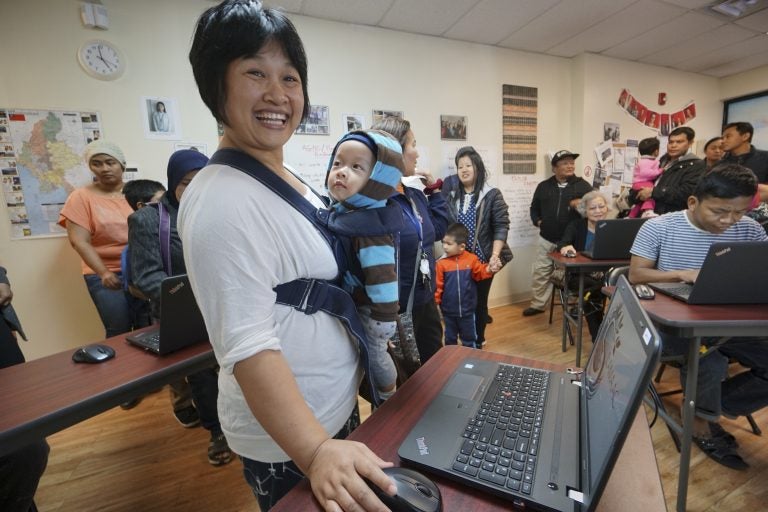
Grand opening of the SEAMAAC Computer Literacy Lab, Thursday Nov. 3, 2016, inside the SEAMAAC Community Outreach Office in South Philadelphia. (Joseph Kaczmarek/Comcast)
More than 6 million Americans living with economic hardship get internet access for just $10 a month, thanks to a program that Comcast is expanding to a potential audience of 3 million more people this year.
But not everyone who qualifies for the low-price internet knows how to take advantage.
It’s somewhat hard for those of us who are online everyday to conceive, but without regular access, it can be very difficult to navigate websites or even know how to use a computer.
To bridge the gap in its home city and beyond, Comcast funds digital literacy workshops — and community leaders involved say they actually work.
This year there’ll be more people to teach than ever. The Philly-based media giant announced Tuesday that anyone who receives Medicaid, Supplemental Security Income or SNAP program benefits can now apply for discounted broadband. That widens the program’s scope significantly. Previously, the benefits were only available to folks who live in public housing, attend community college, participate in the National School Lunch Program or are veterans or low-income senior citizens
The workshops are what ensures the program really makes a difference in communities. Since 2011, 9.5 million people have gotten help learning how to use the internet, according to Comcast. Last year, the corporation gave out $1 million for workshops in Philadelphia alone.
“We made a commitment to address the major barriers to broadband adoption in the home,” Comcast VP of community investment Bob Smith told Billy Penn. “So we worked very closely with nonprofit organizations to host in-person workshops.”
The funding is purposefully pretty broad. The money can be used however an organization sees fit — by establishing a computer lab, replacing old equipment, even hiring an instructor. The company reps will work with groups to help them spend it, but they’re also happy to stay hands-off.
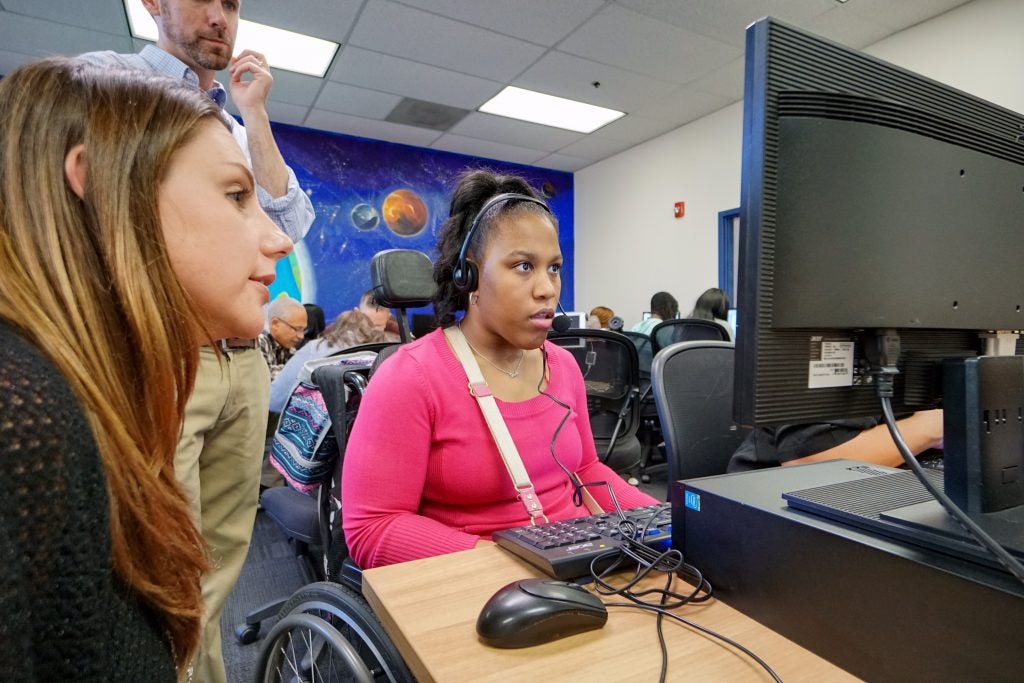
Seniors = ‘opposite of digital natives’
Mary Catherine Dabrowski, the senior center supervisor at the Philadelphia Corporation for Aging, is grateful. The citywide network of 28 senior centers received $10,000 from Comcast two years ago, geared toward helping our elderly Philadelphians avoid online scams.
“Seniors are the opposite of digital natives,” Smith said. “They’re afraid they’re going to break something or do something wrong. We’re trying to work with them to feel comfortable and use safe surfing practices.”
She ran workshops at 23 of the 28 affiliated centers, plus 14 senior apartment complexes, churches and community sites. In all, the Comcast money taught 1,100 seniors how to avoid technological landmines, like spam emails. It also paid to raffle off laptops to 28 lucky boomers.
“It’s the whole thing of feeling safe using the internet,” Dabrowski said. “It gave a greater comfort level to them.”
So the program was a success?
“That’s putting it mildly,” Dabrowski said. “It was wonderful for us to be able to do this at the centers. This is a larger project than we would’ve been able to do without their funding.”
The People’s Emergency Center in West Philly saw similar benefit. The social service agency is geared toward people experiencing homelessness, and it provides internet help as a vehicle to getting a job.
The nonprofit had its own computer lab since 2006 — long before Comcast awarded them $100,000. But that “significant gift” far increases their reach, per spokesperson Trish Downey.
Unlike other grants that are earmarked for specific uses, Downey felt empowered to spend it how she wanted. Since her computer lab had already been established, she used the money to expand capacity, by paying instructors and replacing broken equipment.
Last fiscal year, the center graduated 58 adults from its digital inclusion programs, which teach everything from powering up to updating your resume to working with photos and other digital media.
“There are no stipulations that are preventing us from accomplishing any kind of goals,” Downey said. “And people find that they’re learning skills that are practical and important.”
You have to get invited
One thing: The application for the grant program is decidedly closed — meaning that you have to be invited to throw your hat in the ring. If the Comcast peeps want to pay you, they’ll reach out first and ask you to apply. You can’t just do it on your own.
“They can ask for help, but this is not an open process,” Smith said.
So what about the orgs that haven’t been invited to apply? Smith advises they keep their ear to the ground. He claimed Comcast regularly opens applications for smaller, in-kind donations, for which anyone can apply.
“There are different vehicles through which we engage organizations,” he said. “It’s not a cookie cutter approach.”
These are the 22 Internet Essentials partner programs in the area, all getting paid to teach Philly to ride the information superhighway:
- Boys & Girls Clubs
- Center for Literacy
- Coded by Kids
- Concilio
- Congreso
- Free Library of Philadelphia
- Lutheran Settlement House
- Magee Rehabilitation
- People’s Emergency Center
- Philadelphia Corporation for Aging
- Philadelphia Housing Authority
- Philadelphia OIC
- SEAMAAC
- Scribe Video Center
- Snider Hockey
- SPIN
- SquashSmarts
- Taller Puertorriqueno
- Technology Learning Collaborative
- Urban League
- Veterans Multi-Service
- World Affairs Council
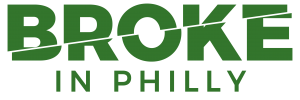 Billy Penn is one of more than 20 news organizations producing Broke in Philly, a collaborative reporting project on economic mobility. Read more at brokeinphilly.org or follow at @brokeinphilly.
Billy Penn is one of more than 20 news organizations producing Broke in Philly, a collaborative reporting project on economic mobility. Read more at brokeinphilly.org or follow at @brokeinphilly.
WHYY is your source for fact-based, in-depth journalism and information. As a nonprofit organization, we rely on financial support from readers like you. Please give today.



